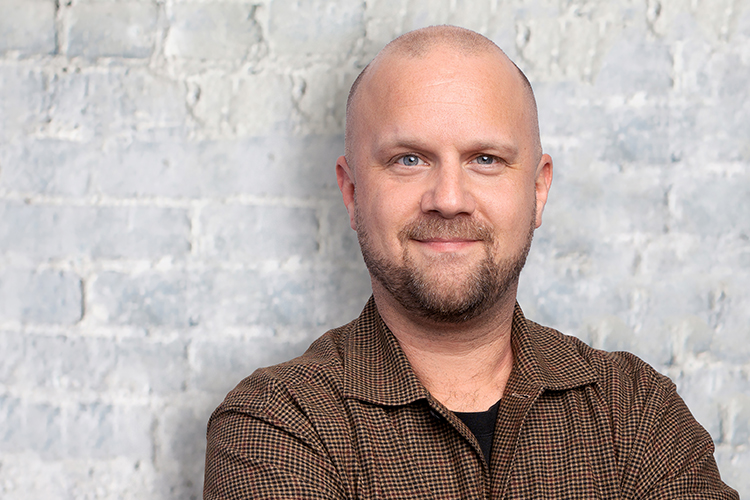New Session Offers Change, Opportunity, and Risk for David Eby
After a break following the provincial election, the BC Legislature will spring forward on February 18 with the reading of the Speech from the Throne.
This document, read for the first time by new Lt. Gov. Wendy Lisogar-Cocchia, is likely still a work in progress due to the volatile nature of Canada-US politics and the looming threat of tariffs on Canadian goods.
Session will open on Day 15 of a 30-day reprieve window where Donald Trump has promised not to impose crushing 25 per cent penalties on Canadian goods sold into the United States in return for action on the border to address the fentanyl crisis.
It also occurs in the shadow of Trump’s decision to impose tariffs on aluminum and steel.
With this threat continuing to be the elephant in the room, we should expect Team BC’s response to be front and centre during the session that wraps up in May. For the British Columbia government, it is a time of change, opportunity and risk.
Change Ahead
The recently renovated BC House will look very different than it did a year ago. Premier Eby will be joined in the House by 46 of his BC NDP colleagues, nine fewer than he had before the provincial election this spring.
There are 18 new faces on the government benches including a dozen new cabinet ministers after seven retired and five lost their bids for re-election.
The Opposition will also look very different. BC Conservative Leader John Rustad and 43 of his colleagues now form the Official Opposition with BC United and its leader Kevin Falcon now a mere political footnote.
Before the House rose, Rustad and Bruce Banman were the only Conservative MLAs meaning all but a handful of his colleagues are sitting in the Legislature for the first time.
The Green Party will also look very different. Sonia Furstenau, who lost her bid to be MLA in Victoria-Beacon Hill, announced recently she is retiring from politics, and her colleague Adam Olsen did not seek re-election. Green newcomers Jeremy Valeriote and Rob Botterell will be in the House for the first time ever. They will have a new leader sometime this year, but it will not be either of them.
The Green MLAs have also signed an agreement with the BC NDP which ensures that the government has extra confidence that it can govern without disruption.
The session will be presided over by a familiar face, Speaker Raj Chouhan, providing an island of continuity in a sea of change.
Eby’s Opportunity
A recent poll by Research Co. said that 67 per cent of British Columbians approve of David Eby’s handling of the tariff crisis. Eby has been the face of the province’s response, holding multiple media availabilities and going into the belly of the beast to appear on Fox News.
Eby has embraced the united front approach to the trade dispute, working with his federal and provincial colleagues and bringing business, labour, and Indigenous leaders to the table as BC crafted its own plan.
The British Columbia government recently released a list of 18 critical mineral and energy projects worth $20 billion that it says it is working to accelerate in the face of ongoing tariff threats from the United States.
These projects will move forward whether or not tariffs are put in place. This one action has helped address one of the Eby government’s greatest vulnerabilities, namely the perception that it drags its feet on economic development files.
It is estimated that these projects will create 8,000 jobs and will be built in rural and remote areas of the province where this economic stimulus is needed.
The government says it is also committed to breaking down interprovincial trade barriers and finding new markets for Canadian goods. There is no downside to moving forward on this path whether or not tariffs are imposed in early March as Finance Minister Brenda Bailey tables her first budget.
The trade dispute has given Eby additional political capital which will help these projects proceed. With the backing of a non-partisan multi-sector task force and with public opinion on his side, Eby has the space he needs to retool the BC government’s agenda at a time when it needs reshaping.
The Risk Ahead
As the government moves forward on its tariff response, other key government issues are moved to the back burner. BC, like other jurisdictions, still has a housing crisis, a toxic drug crisis, a climate crisis, and a looming budget deficit.
These problems will not go away any time soon and all pose significant issues and challenges for Eby and his government.
Governments must be able to walk and chew gum at the same time.
To be successful over the next four years, Eby must respond to the Trump challenge while also engaging on these other issues.
Jean-Marc Prevost
Vice President
jprevost@counselpa.com
Peter Dalla-Vicenza
Senior Consultant
pdallavicenza@counselpa.com



